Filling the voids of a wanderer's bucket list is the fascinating and warm state of Tamil Nadu that makes a visit to Southern India enchanting. Celebrated amid the rushing crowd of travellers and Tamil natives, there are many cultural festivals to witness while in the south but out of the many, Pongal, the harvest festival is the most auspicious one among the festivals list that is held annually in the month of January. This four-day festival falling on 13-14 January is just a way to thank Surya (Sun God) for showering the land with profuse agriculture. With the beginning of the festival, the sun's journey towards north for the next six months also begins and the very first harvest of rice is offered to the Sun God. As per the Tamil calendar, on the last day of Margazhi, the Pongal festival commences where the first day is called Bhogi Pandigai. The day is devoted in the worship of Indra (Rain God) because of whom the farms received sufficient rain. Along with worshipping the harvest, earth and sun, houses are also cleaned where undesirable things are removed and thrown in fire which represents the detachment from immorality and bad habits. Painting homes and making Kolam (Rangoli) at the entrance are some rituals that are followed on day 1 of this festival. On the second day Surya (Sun God) is revered and offered Pongal dish for embracing the harvest with his warmth and energy. This day also symbolises the beginning of sun's six-month journey northwards. As for the third day, the Tamils honour cows who were not just a source of milk but also the ones who help them on the fields. This day also rejoices the famous bull taming festival of Jallikattu. Lastly, the Tamils end Pongal by celebrating the last day where women follow the ritual called Kaka Pudi Kannu Pudi where they feed birds especially crows different coloured rice balls and wish for their brother's good health.
Brief History of the Festival
Etched back to the era of 200 B.C to 300 A.D known as the Sangam Age, that's how old the rituals and customs of this festival of Tamilnadu are believed to be. With that being said, Historians also believe that Pongal was celebrated in the Sangam Age along with Thai Nirdal and Thai Un where in the Tamil month of Margazhi (December-January), young women performed penance (Pavai Nonbu). Along with that the women desisted themselves from milk, milk products, oiling their hair and rigid way of talking. They also worshipped the sand idol of divine Goddess Katyayani, and finally ended their penance on the very first day of Thai(January-February) all this to bring happiness and rain in abundance throughout the country. Pongal is also known as Makar Sankranti in North India and denotes the entrance of Sun in Makara Rasi (Capricorn) followed by the beginning of longer and warmer days for 6 months. This time of the year is revered as Uttarayana Punyakalam where it is believed that even the Devas wake up after being asleep for 6 months. And hence it said that those who depart from life during Uttarayana are bound to attain salvation.
Duration of the Festival
Tamils across the globe annually celebrate this harvest festival for four days in the month of Thai (January-February). Varying between January 13 and 14, Pongal cherishes the abundant harvesting of crops like sugarcane, turmeric, rice, etc.
Highlights/Rituals of the Festival
- The popular cultural festival, Jallikattu (Bull taming festival) is celebrated on the third day of Pongal festivities i.e., Mattu Pongal.
- Tamils celebrate the festival by distributing the harvested sugarcane pieces and preparing a dish where jaggery, milk and rice are boiled and is also called Pongal.

























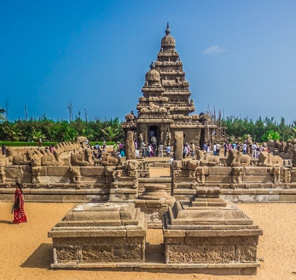

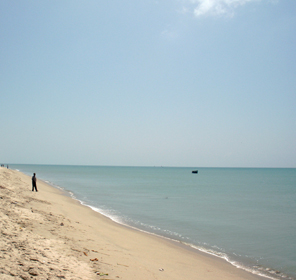
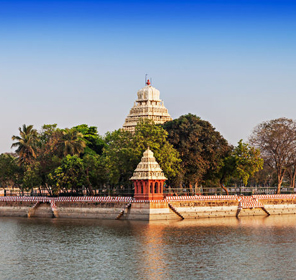
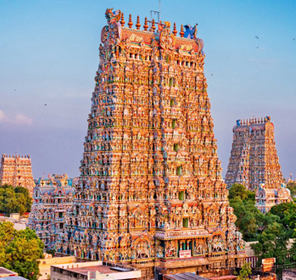
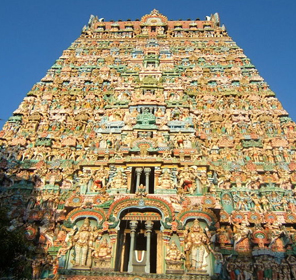
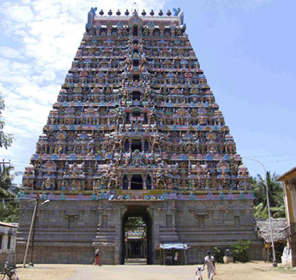
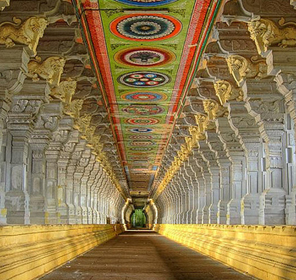
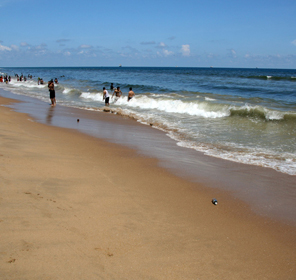
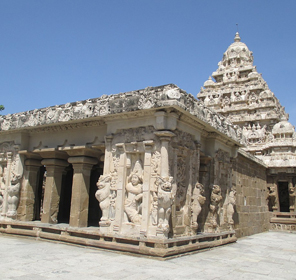
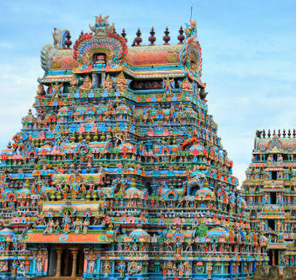
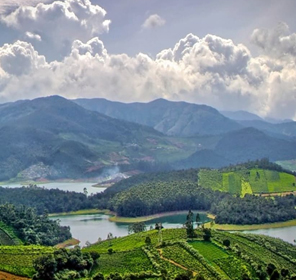
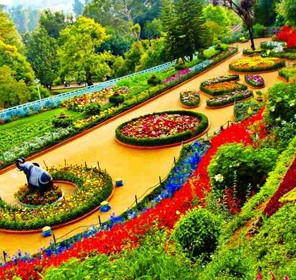
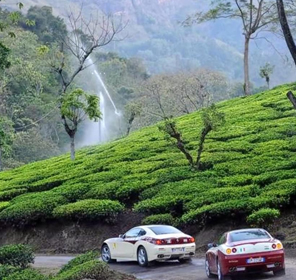
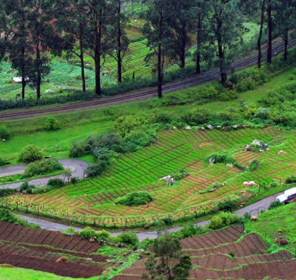
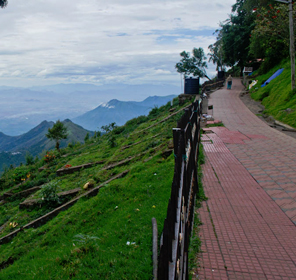
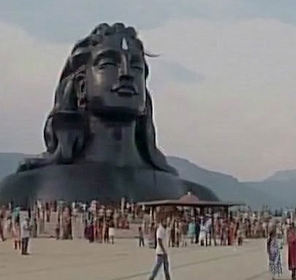
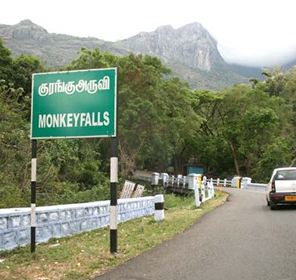
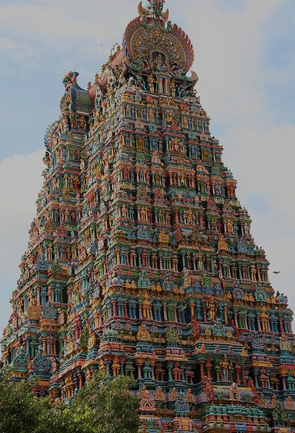
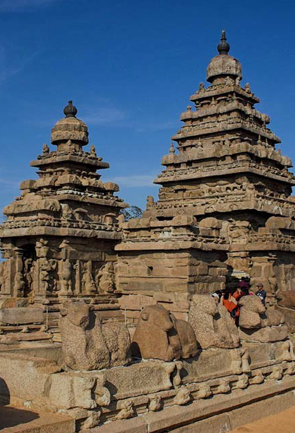
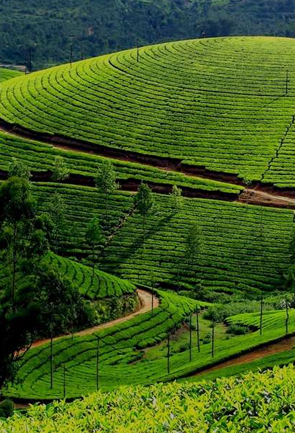

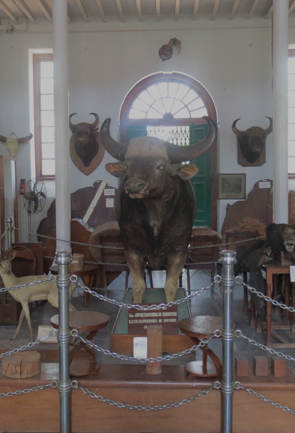

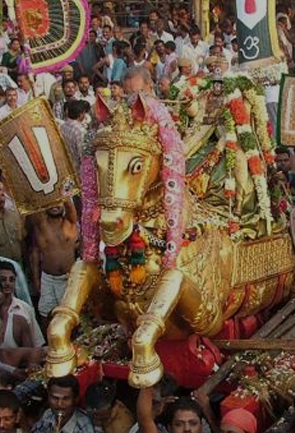




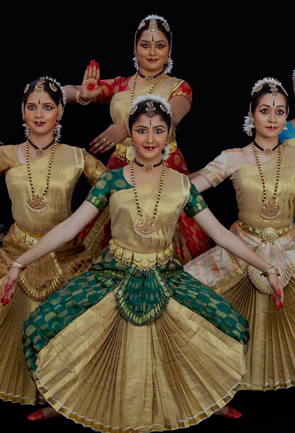

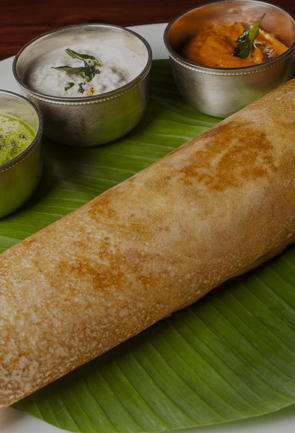


 Packages
Packages